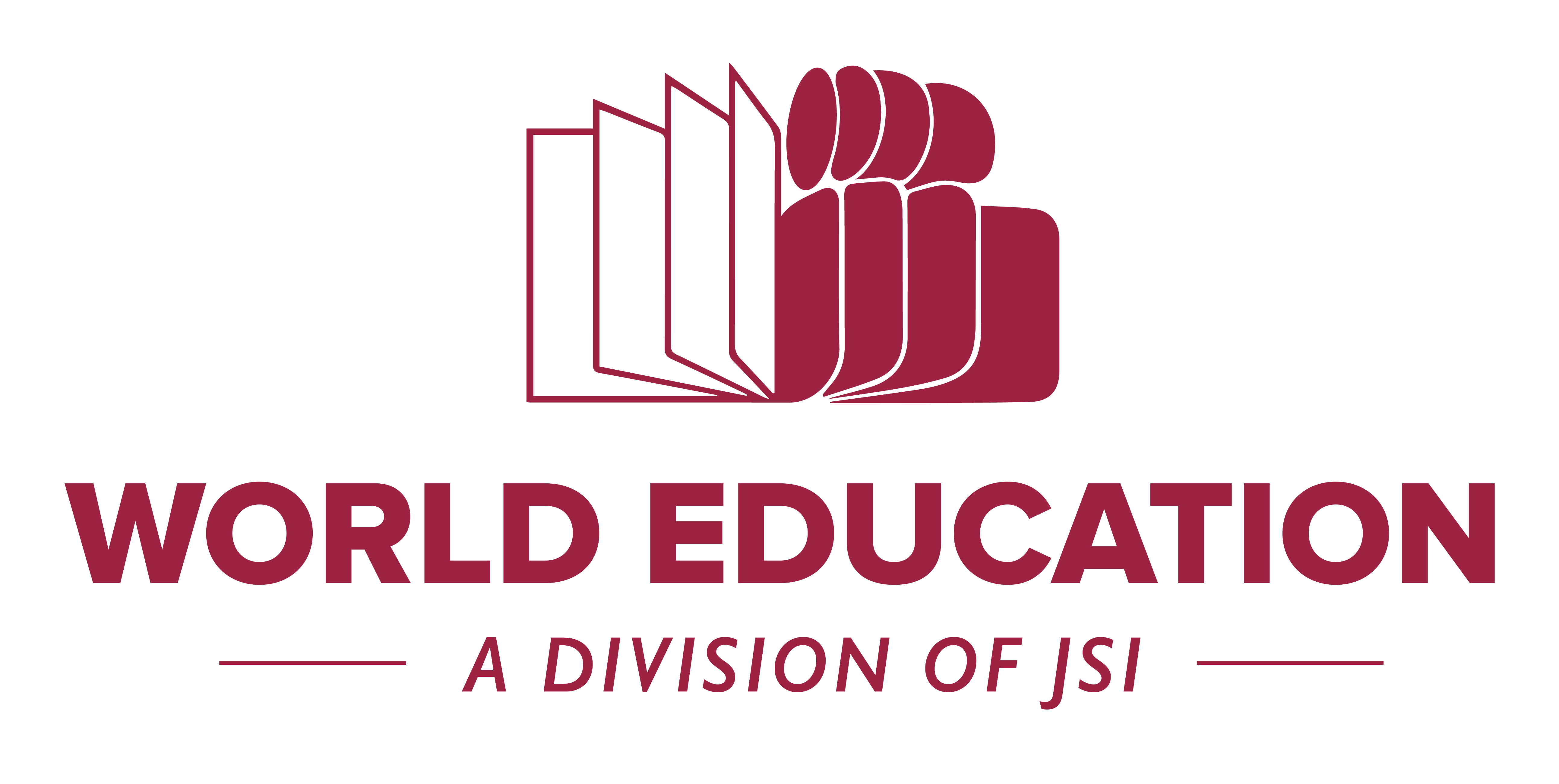
Log in to World Education E-Learning
To log in, please log in using the username and password you previously set. If you do not remember your username or password, use the "Lost password?" option shown under the login fields.
If you have any issues, email techsupport@worlded.org and we will get back to you within 24 hours.
Follow Us
www.worlded.org
WorldEd on Facebook
@WorldEd | @WorldEdUS | @EdTech Center at World Education